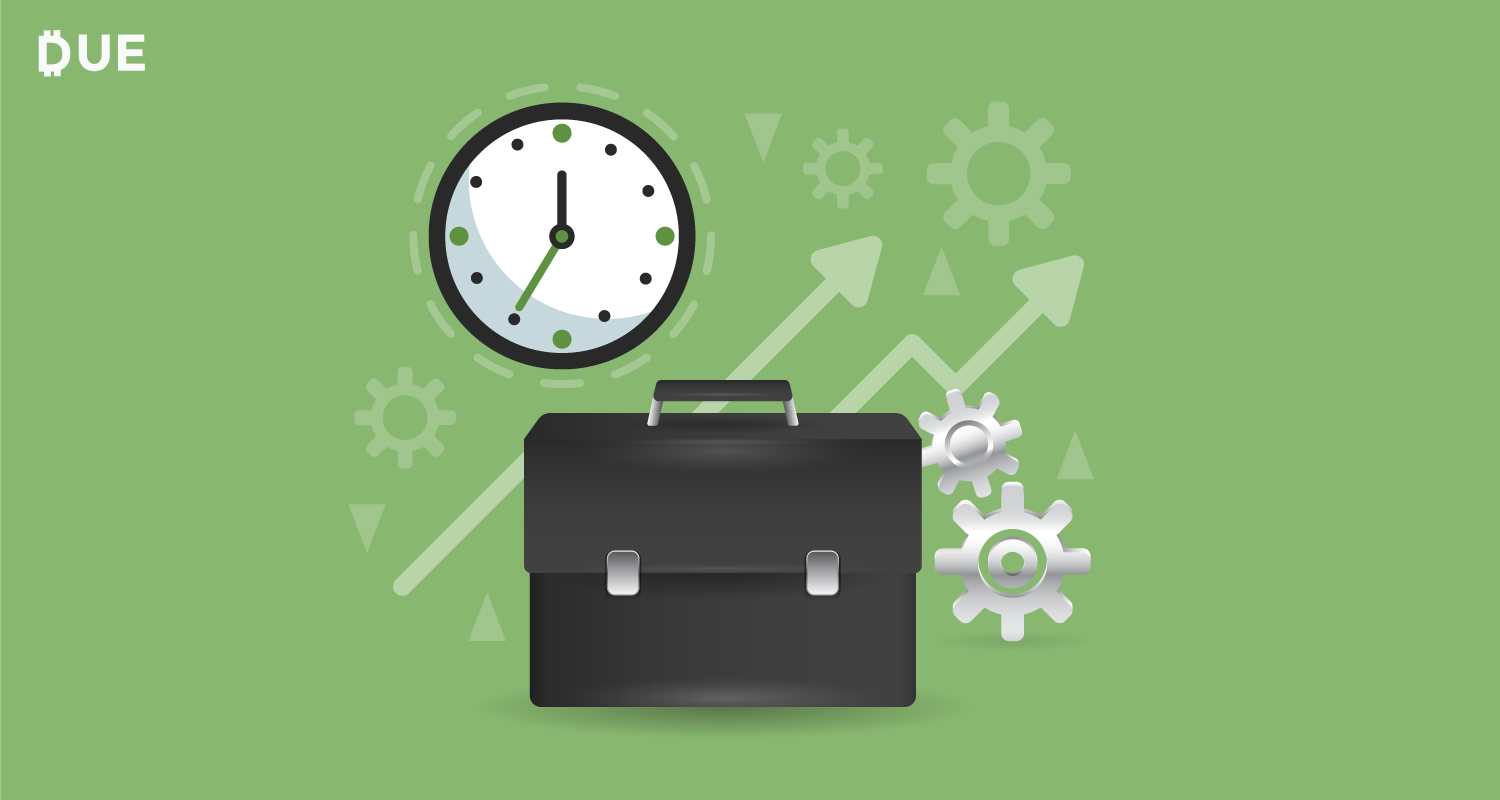Blockchain has quickly become one of the most dominant and promising technologies of the past year. With digital assets soaring and fledgling crypto-startups beginning to find product market fit, the blockchain movement has finally staked solid ground. As many technologists and industry experts predict, we are just scratching the surface of this massive digital revolution.
While you are likely familiar with the most highly covered applications of blockchain, like Bitcoin and Ethereum, chances are you have yet to fully explore the long term implications of this technology.
Table of Contents
ToggleHere are four innovative use cases for blockchain, about many of which you have likely never thought.
-
Supplanting intermediaries.
Many of the world’s most important and valuable industries, like oil and freight, are dependent on third-party intermediaries who manage and control access to information. Any given supply chain often has between five and ten independent brokerage services that work to streamline the end-to-end funnel. The problem, however, is that many of these ‘agents’ have misaligned incentives, in that they are all fighting for their own slice of the profit.
By leveraging blockchain systems, we can cut out intermediary parties and entrust an algorithm to manage network access to critical data and information. For example, the healthcare sector, overridden with regulation and inefficiencies, is primed for blockchain disruption. Blockchains can be used to automatically authorize information exchanged among insurance companies, patients and hospitals.
This change will allow all stakeholders within the healthcare system to sync in real-time, as well as greatly reduce the amount of human touch points. Implemented at scale, we can remove the error of human bias and maintain cleaner, more accurate transactional databases.
-
Ensuring ownership.
Blockchains can be implemented to express ownership and authorize access to sensitive information. For instance, the emerging blockchain startup, TrustToken, has developed a digital-legal protocol that enables physical assets to be owned and managed by smart contracts, using trust entities to provide enforcement under civil and criminal law.
When applied to real world assets like timeshares and small businesses, this innovative type of trust contract effectively connects and validates ownership, thereby eliminating disputes over legitimacy.
The tokenization service that TrustToken provides may quickly become the de facto way to record ownership for real property. This greatly eliminates fraud in the residential and commercial real estate markets and, more broadly, can become the formal signature of asset ownership.
-
Eradicating cyber-attacks.
The distributed nature of blockchain ledgers provide a number of security advantages over typical data warehouses. Given that blockchain networks have no single access point (for infiltration), the threat of hacking is greatly diminished. Cryptocurrencies, like SparkleCOIN, a highly transactable ecosphere of tokens, are leveraging these security features to provide blockchain systems for the masses. These will be the first highly scalable, widely adopted applications of blockchain.
In Hackernoon, SteelKiwi writes that “in order to destroy or corrupt a blockchain, a hacker would have to destroy the data stored on every user’s computer in the global network. This could be millions of computers, with each one storing a copy of some or all the data.”
“Unless the hacker could simultaneously bring down an entire network (which is near impossible), undamaged computers, also known as “nodes”, would continue running to verify and keep record of all the data on the network.” In other words, this task is near impossible.
Blockchains also typically utilize the most advanced and up-to-date data security standards to store data. All of the information logged into a blockchain ledger is automatically cryptographically encrypted. This ledger collects an unbreakable, non-refutable record of data that can be accessed by anyone in the network.
Other implementations of blockchain, like UBIQUICOIN, an international two-coin ecosystem designed to be the first truly usable digital currency, are taking things a step further. Their blockchain will utilize a proprietary consensus mechanism called “Proof of Majority” that will address several known attack vectors while also providing sub-second transaction times.
Jeff Mahony, CEO of UBIQUICOIN, highlights one other key differentiator: “We are seeking to become the first blockchain resistant to quantum computing cyber attacks. This will help ensure the security of our coin holders for the foreseeable future.”
Furthermore, in a decentralized system, no single player or entity can override the chain without notice. This protects against corruption and restores power back to the nodes in the system. Eradicating the power of cyber-attackers has major implications for enterprises, who currently spend billions of dollars a year safeguarding their information.
-
Expediting supply chains.
Another benefit of using blockchains to power supply chains, versus conventional ‘human-powered’ alternatives, is that blockchains are inherently automatable. By using an algorithm, we can minimize human intervention within a supply chain. Furthermore, we can eliminate antiquated processes, like pen-and-paper, and fully transition to a digital accounting ledger.
Influential corporations are already finding ways to implement blockchains into their active supply chains. For instance, Unilever, the multi-billion dollar transnational consumer goods conglomerate, is teaming up with a number of fintech companies to develop a blockchain-based system that “will track and verify contracts for farmers in Malawi that supply tea to Unilever.”
As outlined in the report, this is no small investment for either party. “This is a potentially huge deal for the impoverished African country: After tobacco, tea is Malawi’s second biggest agricultural export. The United Kingdom is hands-down the biggest customer for that supply.”
This, however, is truly just the start. As the technology becomes more accessible in the coming years, we can expect to see more companies, of all sizes, apply blockchains within their funnels.















